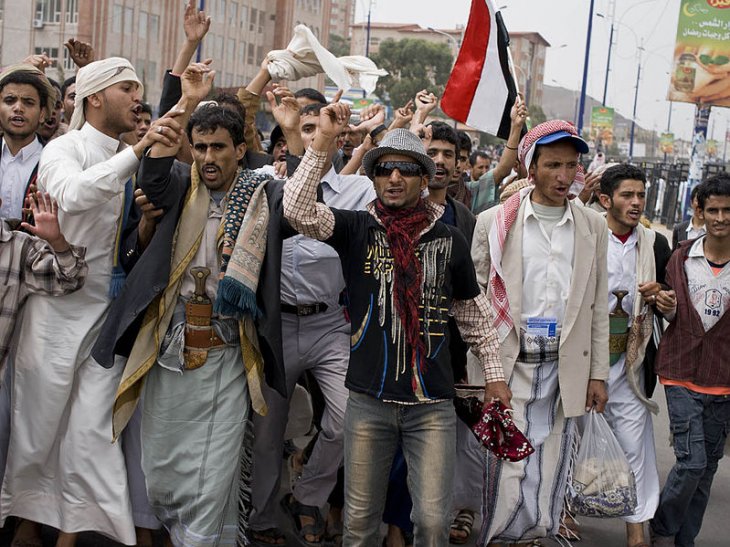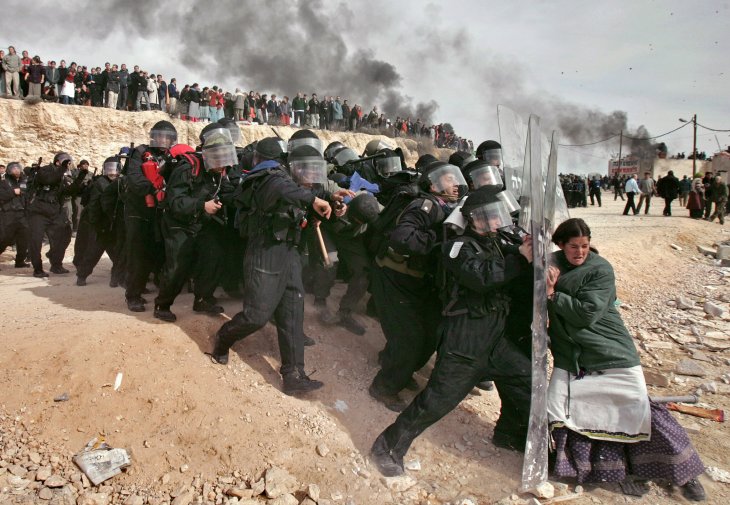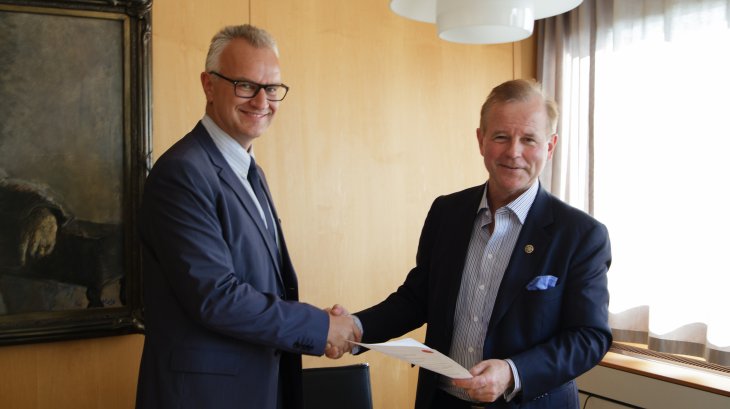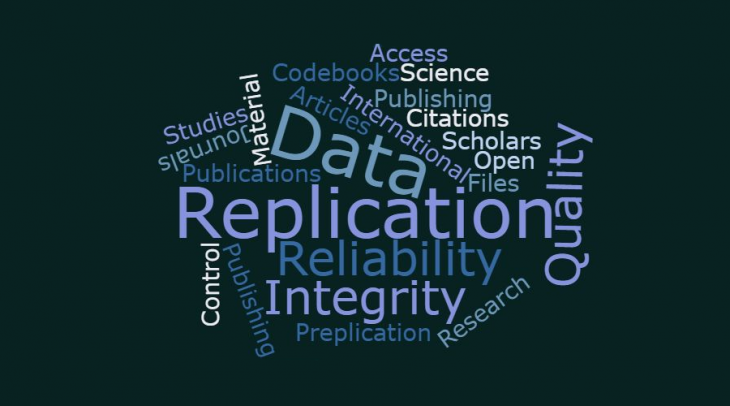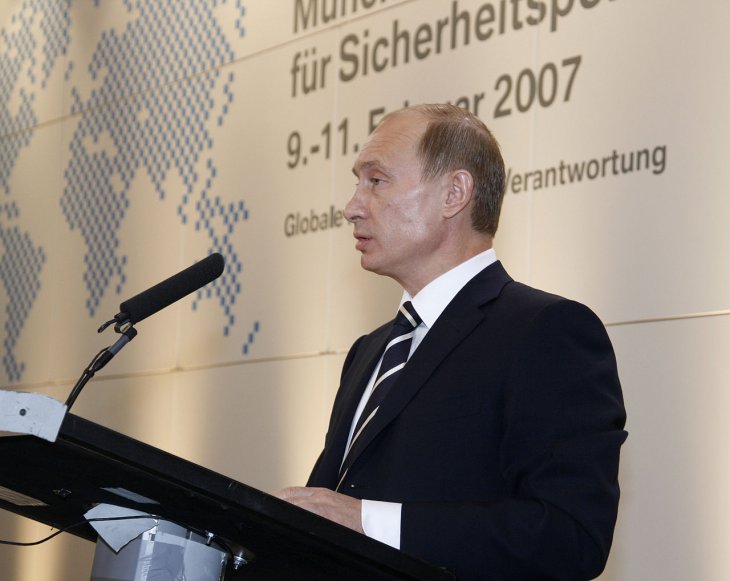Despite rapid scientific progress, firm knowledge about the societal consequences of global warming remains limited.
- What are the implications of climate change for peace and security?
- Should we expect more wars and more political instability as the world heats up?
The real concerns linked to climate change are not about shrinking glaciers, eroding coastlines, or changes in precipitation patterns. Nor, strictly speaking, are they about coral bleaching, phenological changes, or species migration.
The primary grounds for concern relate to the consequences these physical changes will have for societal development and prosperity, including human well-being and physical security.
It is somewhat discomforting, then, that there is considerably deeper scientific understanding of the impacts humans have on the climate system than of the effects of climate change on human activity.

The Arab Spring showed that higher bread prices made it easier to mobilize mass resistance to governing regimes. Picture from Tahrir square in Egypt. Photo: Aschevogel / Creative Commons / Flickr
Read More
